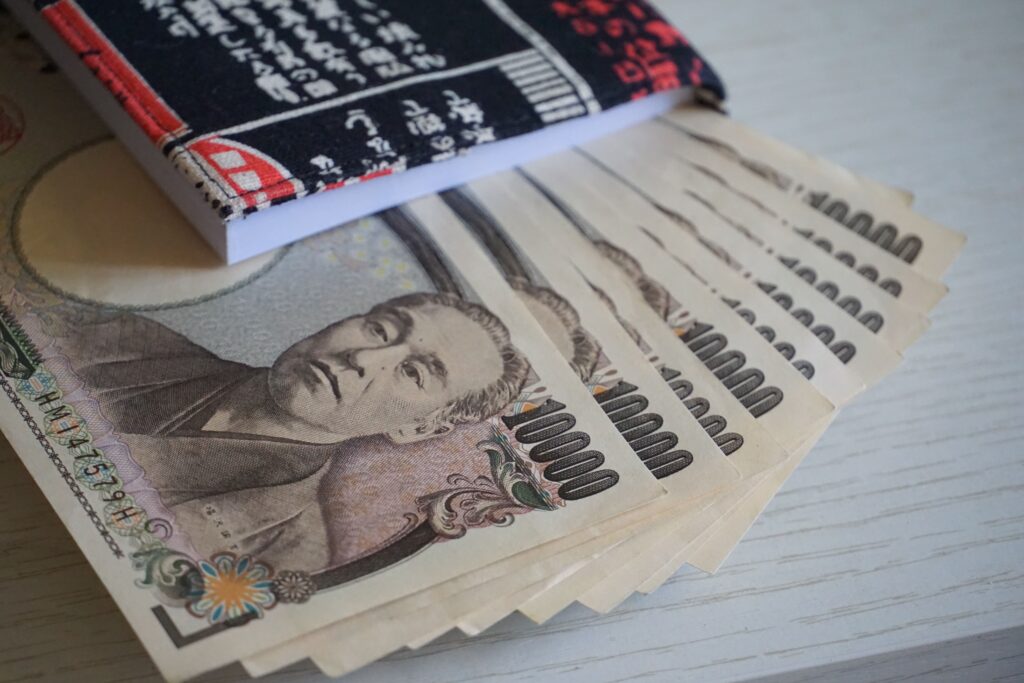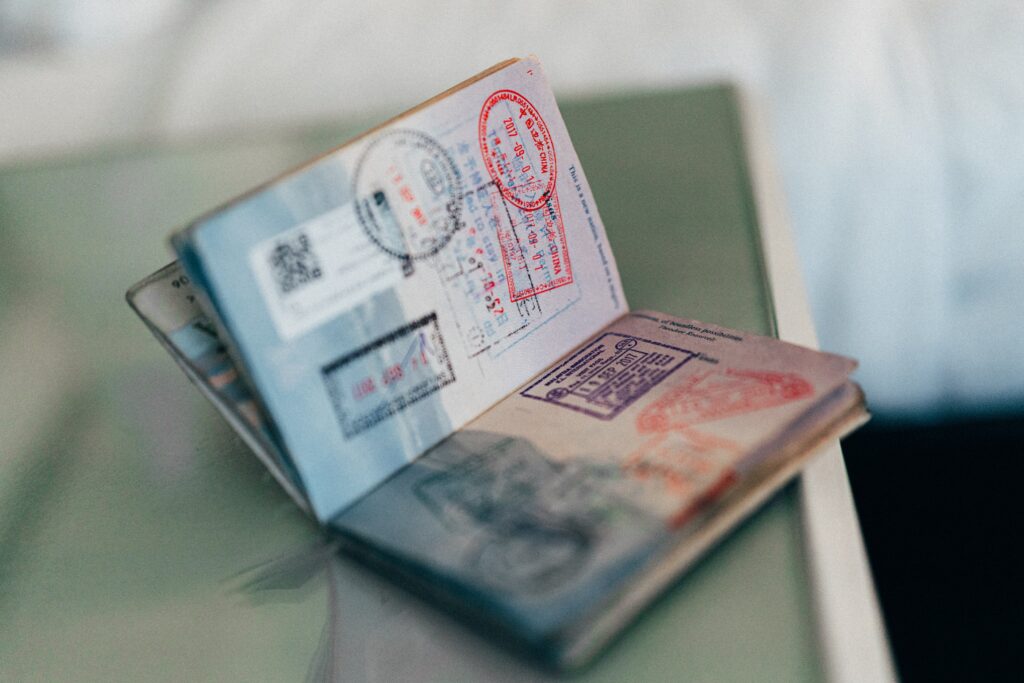Japan has a lot of opportunities for freelancers. However, it can be difficult to figure out how to get started. No need to worry though, with our ultimate guide you’ll know how to freelance in Japan in no time. In this article, we’ll cover:
- How to find freelance jobs in Japan
- Getting paid as a freelancer in Japan
- Navigating your visa as a freelancer in Japan
- Paying taxes as a freelancer in Japan
- Other useful tips for freelancers in Japan
What Freelance Jobs Are in Demand in Japan?
As Japan invests in startups and innovation, those in the tech industry (think engineers, developers, and the like) are in high demand.
There is also a demand for bilingual Japanese/English freelancers in a wide variety of fields.
1. How to Find Freelance Jobs in Japan

There are a few things you can do to improve your chances of finding a freelance job in Japan, such as:
- Joining a community of other like-minded freelancers, such as Creative Tokyo.
- Finding industry-specific groups on social media.
- Talking to your friends – you never know who knows who, or who has some great ideas.
- Keeping your portfolio up to date with your latest work and testimonials from previous clients.
- Reaching out to potential employers directly on platforms such as LinkedIn.
- Networking at meetups and other industry events.
Advice for Specific Jobs
- Want to become an engineer? Our articles on how to find software engineer jobs in Japan, or the ITPEC Exam could help.
- Are you an aspiring designer? Our article on how to get freelance design work in Japan is a great starting point.
- Bilingual? You can also grow a successful freelance career as a Japanese translator and interpreter.
2. Getting Paid as a Freelancer in Japan

No matter where you are in the world, it can be difficult to start out as a freelancer. Initially, you’ll have to balance gaining experience with getting paid for your work. When working in Tokyo, keep in mind that:
- The minimum wage is around 1000 yen per hour, so don’t settle for anything lower than that. Our article on How Much to Charge as a Freelance Translator in Japan has more useful tips – and not just for translators either.
- If you do work for established companies, be sure to include a 10% consumption tax on your invoice.
- You should receive a tax withholding slip at the end of the year from all the companies you work for on a regular basis.
- People tend to use a specific template for invoices. Our article on How to Invoice for Freelance Work in Japan tells you everything you need to know.
3. Navigating Your Visa as a Freelancer in Japan

As someone living in Japan, your visa is your lifeline. When you’re working for a company, they tend to handle that process for you. As a freelancer, you’ll have to deal with it yourself. However, once you understand the process, it’s not that complicated. Just remember:
- Most freelancers will fall under the Engineer/Specialist in Humanities/International Services visa category.
- You cannot technically self-sponsor your own visa, so you’d need to be working at least part-time for a company that is willing to provide you with the paperwork you need.
- You’ll have to show proof that your taxes have been paid in full for the time you’ve already lived in Japan.
Our article Getting a Visa as a Freelance Engineer in Japan has some great advice for any kind of freelancer.
Paperwork You’ll Need
To legally start freelancing in Japan, you’ll need the following documents:
- The notification of opening a sole proprietorship (kojinjigyou no kaigyou, haigyou nado todokede sho 個人事業の開業・廃業等届出書)
- Application for approval of the blue tax return (aoiro shinkoku shounin shinsei sho 青色申告承認申請書) (Not mandatory)
- National health insurance (kokumin kenkou hoken 国民健康保険) registration
- National pension scheme (Kokumin nenkin no tetsudzuki 国民年金の手続き) registration.
- Work Permit Outside of Your Current Visa Category (Shikaku gaikatsudō kyoka shinsei 資格外活動許可申請)
Check out our paperwork guide for more in-depth information.
We help freelancers
With World in Freelance, you can find:
- Fully remote options – Work anywhere you want.
- Passion projects – Spend time on what inspires and excites you.
- Japanese language upkeep – Team up with top Japanese tech companies.
4. Paying Taxes as a Freelancer in Japan

As with your visa, doing your taxes as a freelancer in Japan is solely your responsibility. However, it really is as simple as taking the following documents to your local tax office during tax season:
- Japanese residence card (Zairyū kādo 在留カード)
- Your My Number information
- Tax withholding slip (Shiharai chōsho 支払調書 for freelancers) – one for each company you work for.
- Any other documents from the companies you work for
- Receipts for all deductibles (This includes all expenses related to your work. If you work from home, you can deduct your rent, for example)
- Your banking information
Keep in mind that tax season is from February 16th to March 15th every year.
5. Other Useful Tips for Freelancers in Japan

Although not compulsory, the following can definitely help make freelancing in Japan easier and more enjoyable:
- Being able to speak at least conversational Japanese will make your time in the country much easier. Check out our guide to learning the language here.
- Being culturally sensitive is important. Having a basic understanding of Japanese work culture or Japanese job interview etiquette can be very helpful to avoid any cultural faux pas.
- Taking time to enjoy the country. Freelancing means the flexibility to be able to travel and work at the same time. Why not explore the Kansai or Kanto regions while still getting some work done?
- Making use of coworking spaces, whether you’re in Tokyo or Osaka, is a great way to network and connect with other freelancers.
Need More Advice?
Inbound Technology is your ultimate guide to freelancing in Japan. Click here to have a chat with one of our knowledgeable career advisors today. We’re also on LinkedIn.
